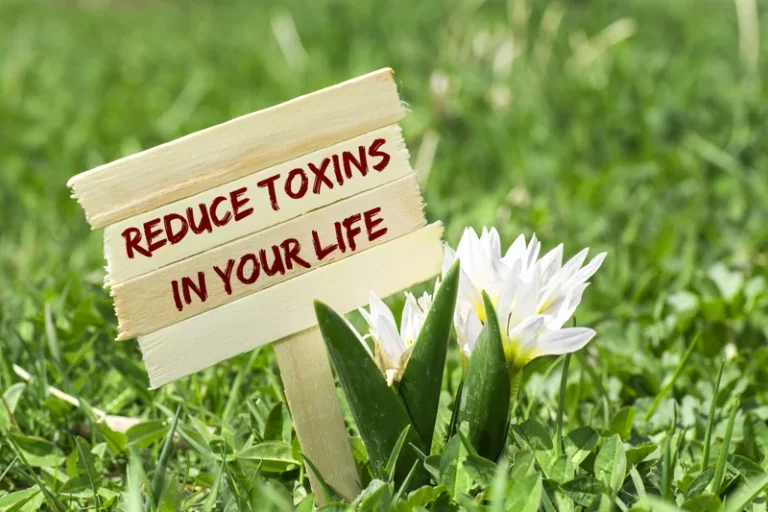
While AA might not suit all people who misuse alcohol, its advantages include its wide availability and open access. Most of the data on the English population’s drinking patterns comes from the General Household Survey, the Health Survey for England and the Psychiatric Morbidity Survey (Craig et al., 2009; McManus et al., 2009; Robinson & Bulger, 2010). In terms of hazardous drinking, in 2008, 21% of adult men were drinking between 22 and 50 units per week, and 15% of adult women were drinking between 15 and 35 units; a further 7% of men and 5% of women were harmful drinkers, drinking above 50 and 35 units per week, respectively. In addition, 21% of adult men and 14% of women met the government’s criteria for binge drinking.
How To Reduce Your Risk Of Alcohol Dependence

Services that are involved with those who misuse alcohol fit into a wider context of safeguarding young people from harm and need to work to ensure that the rights of children, young people and their parents are respected. Local protocols between alcohol treatment services and local safeguarding and family services determine the specific actions to be taken (Department for Children, Schools and Families, National Treatment Agency & Department of Health, 2009). Around one third of people presenting to specialist alcohol services in England are self-referred and approximately one third are referred by non-specialist health or social care professionals (Drummond et al., 2005). The majority of the remainder are referred by other specialist addiction services or criminal justice services. Therefore assessment should not be narrowly focused on alcohol consumption, but should include all areas of physical, psychological and social functioning.

Drug Addiction Stages: The 4 Key Phases of Substance Dependence
Cirrhosis mortality was lower in Asian and African–Caribbean women but higher in Irish women. However, because there were few total deaths in ethnic minority groups this may lead to large errors in estimating prevalence in this population. Studies in England have tended to find over-representation of Indian-, Scottish- and Irish-born people and under-representation in those of African–Caribbean or Pakistani origin (Harrison & Luck, 1997). There are relatively few specific specialist alcohol services for people from ethnic minority groups, although physiological dependence on alcohol some examples of good practice exist (Harrison & Luck, 1997). A recent alcohol needs assessment in England identified nearly 700 agencies providing specialist alcohol treatment, with an estimated workforce of 4,250 and an annual spend of between £186 million and £217 million (Drummond et al., 2005; National Audit Office, 2008). The majority of agencies (70%) were community based and the remainder were residential, including inpatient units in the NHS, and residential rehabilitation programmes mainly provided by the non-statutory or private sector.
- Eighty-one per cent had an affective and/or anxiety disorder (severe depression, 34%; mild depression, 47%; anxiety, 32%), 53% had a personality disorder and 19% had a psychotic disorder.
- Regardless of the type of support system, it’s helpful to get involved in at least one when getting sober.
- Physical effects, such as organ damage and changes to your outward appearance, may also start to present.
- This article introduces a number of AUD topics that link to other Core articles for more detail.
- It may shift from stimulant to sedative in line with whether blood alcohol content is rising or falling.
Self-testing: Do I misuse alcohol?
If it is not a prescription medication, your doctor may be able to help you reduce your use of the substance with the least side effects. 6A third FDA-approved medication to treat alcohol dependence (disulfiram; Antabuse®) targets alcohol metabolism. Different stressors likewise robustly reinstated extinguished alcohol-reinforced responding in different operant reinstatement models of relapse (Funk et al. 2005; Gehlert et al. 2007; Le et al. 2000, 2005; Liu and Weiss 2002b).

When is it common in society, it can be hard to tell the difference between someone who likes to have a few drinks now and then and someone with a real problem. A number of studies have looked at alcohol use among specific racial and ethnic populations, including Black, Indigenous, and People of Color (BIPOC) communities. Wernicke-Korsakoff syndrome is a degenerative brain disorder that causes mental confusion, vision problems, lack of coordination, and memory problems, among other symptoms. Mutual-support groups like Alcoholics Anonymous (AA) and inpatient rehabilitation are common treatments for alcohol problems. Relapsing doesn’t mean that treatment has failed, though — it takes time to change behavior. You can work with a health professional to try new treatments that may work better for you.
Sober communities can also share relatable experiences and offer new, healthy friendships. And these communities make the person with an alcohol addiction accountable and provide a place to turn to if there is a relapse. As individuals continue to drink alcohol over time, progressive changes may occur in the structure and function of their brains. These changes can compromise brain function and drive the transition from controlled, occasional use to chronic misuse, which can be difficult to control. The changes can endure long after a person stops consuming alcohol, and can contribute to relapse in drinking. Alcohol withdrawal after periods of excessive drinking can cause debilitating symptoms hours to days later.
For example, animal studies have indicated that elevation of corticosteroid hormone levels may enhance the propensity to drink through an interaction with the brain’s main reward circuitry (i.e., mesocorticolimbic dopamine system) (Fahlke et al. 1996; Piazza and Le Moal 1997). Similarly, systemic administration of antagonists that selectively act at the CRF1 receptor also reduced upregulated drinking in dependent mice (Chu et al. 2007) and rats (Funk et al. 2007; Gehlert et al. 2007). Finally, a history of multiple withdrawal experiences can exacerbate cognitive deficits and disruption of sleep during withdrawal (Borlikova et al. 2006; Stephens et al. 2005; Veatch 2006). Taken together, these results indicate that chronic alcohol exposure involving repeated withdrawal experiences exacerbates withdrawal symptoms that significantly contribute to a negative emotional state, which consequently renders dependent subjects more vulnerable to relapse.

Avoiding the Pain of Withdrawal
For example, we have long been told that people need to hit “rock bottom” before they’ll get help, but this isn’t true. Anyone with an addiction can get help at any point if they feel it’s the right time. Other common substances that cause dependence are nicotine and pain relievers, particularly narcotics. So unless it is urgent, gradually cutting down on the amount and how often you use it should make it easier. If you were addicted to the substance, just cutting down wouldn’t ordinarily work.
Overall, approximately half of all alcohol services are provided by the non-statutory sector but are typically funded by the NHS or local authorities. Approximately one third of specialist alcohol services exclusively provide treatment for people with alcohol problems, but the majority (58%) provide services for both drug and alcohol misuse. Often, people who are alcohol dependent (particularly in the immediate post-withdrawal period) find it difficult to cope with typical life challenges such as managing their finances or dealing with relationships. They will therefore require additional support directed at these areas of social functioning.
Leave a Reply